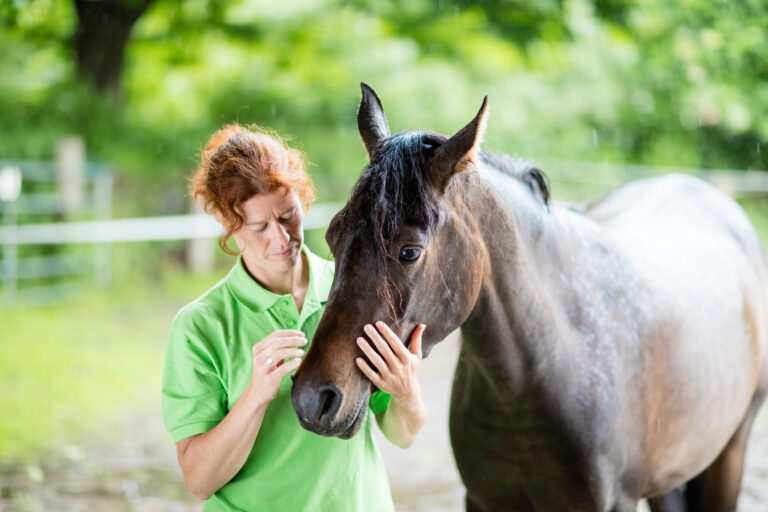
Twenty horses in North Carolina have tested positive for equine infectious anemia (EIA). The horses are spread across nine different counties:
- In Yadkin County, one horse tested positive and was euthanized.
- In Surry County, seven horses tested positive and were euthanized.
- In Mecklenburg County, five horses tested positive and were euthanized.
- In Henderson County, one horse is affected and alive.
- In Forsyth County, one horse is affected and alive.
- In Duplin County, one horse tested positive and was euthanized.
- In Wake County, two horses are affected and alive.
- In Randolph County, one horse is affected and alive.
- In Sampson County, one horse tested positive and was euthanized.
The affected horses are under official quarantine.
EDCC Health Watch is an Equine Network marketing program that utilizes information from the Equine Disease Communication Center (EDCC) to create and disseminate verified equine disease reports. The EDCC is an independent nonprofit organization that is supported by industry donations in order to provide open access to infectious disease information.
About EIA
Equine infectious anemia is a viral disease that attacks horses’ immune systems. The virus is transmitted through the exchange of body fluids from an infected to an uninfected animal, often by blood-feeding insects such as horseflies. It can also be transmitted through the use of blood-contaminated instruments or needles.
A Coggins test screens horses’ blood for antibodies that are indicative of the presence of the EIA virus. Most U.S. states require horses to have proof of a negative Coggins test to travel across state lines.
Once an animal is infected with EIA, it is infected for life and can be a reservoir for the spread of disease. Not all horses show signs of disease, but those that do can exhibit:
- Progressive body condition loss;
- Muscle weakness;
- Poor stamina;
- Fever;
- Depression; and
- Anemia.
EIA has no vaccine and no cure. A horse diagnosed with the disease dies, is euthanized, or must be placed under extremely strict quarantine conditions (at least 200 yards away from unaffected equids) for the rest of his life.










